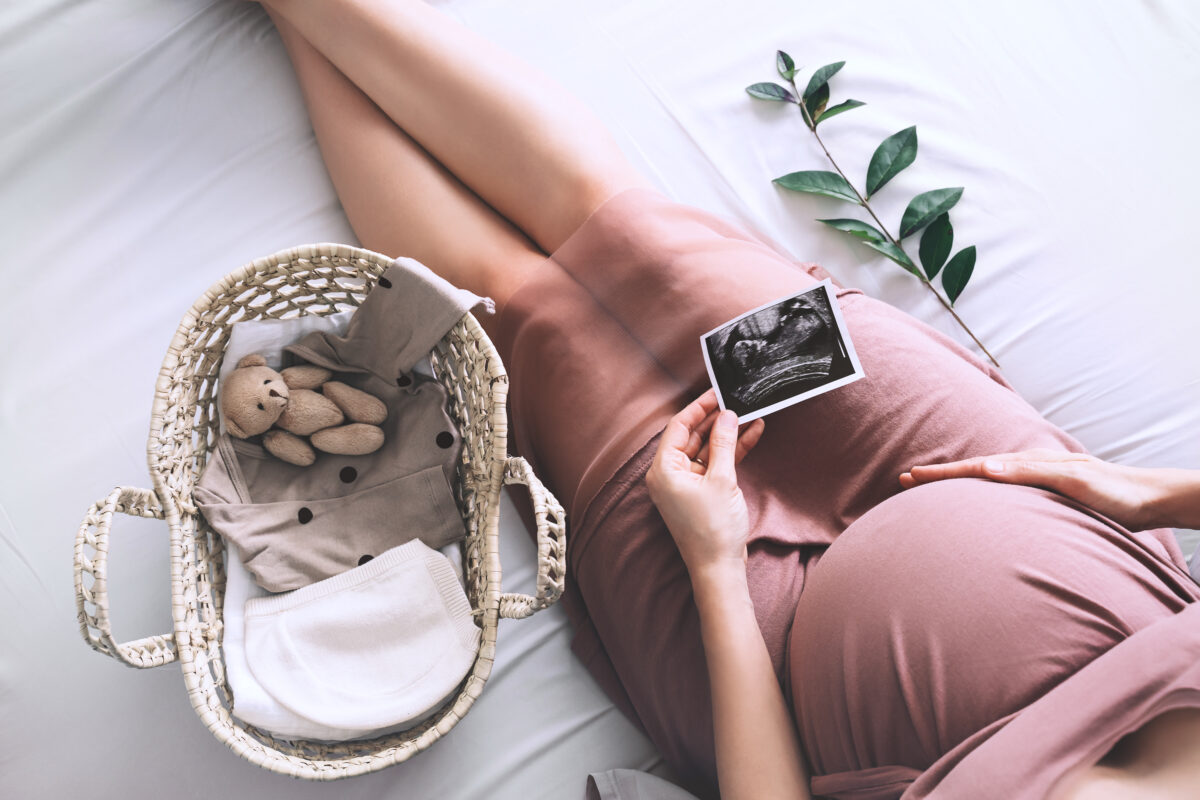The road to motherhood can be a journey filled with emotions and important decisions. One of these decisions may be to access egg donation, an option that, although full of hope, can also generate uncertainty.
Doubts about the process, genetic implications, and treatment success are common and understandable. When considering egg donation to carry a baby, it’s natural to question how it will influence the pregnancy experience and connection with the baby.
Today there are different types of egg donation pregnancies, each with its own characteristics and challenges. Some of the most common occur, for example, in women who, due to limited situations, cannot produce their own eggs but who, thanks to egg donation, can carry a baby in their uterus, using the genetic material of a donor. This process allows them to fully live the experience of pregnancy.
On the other hand, there are surrogate mothers, who can either offer their own eggs to carry the pregnancy to term, or be recipients of embryos fertilized with donor eggs. In this case, the options can be eggs donated by the baby’s intended mother, or by an anonymous donor.
What is egg donation and who can benefit?
Egg donation is a process in which a woman donates her eggs so that another woman, who cannot produce her own eggs, can carry a pregnancy.
This assisted reproduction treatment is particularly useful for women who have experienced premature ovarian failure, older women whose ovarian reserve has decreased, or those with genetic conditions that could be passed on to their children. It is also an option for male homosexual couples who resort to surrogacy.
Egg donation process step by step
- Donor selection: The first step in the egg donation process is to select a donor. This donor is usually a young, healthy woman who has gone through a rigorous screening process that includes medical, psychological, and genetic testing. It is essential that the donor has a good ovarian reserve and that she meets certain medical and ethical criteria.
- Ovarian stimulation and egg retrieval: The donor receives hormone treatment to stimulate the production of multiple eggs. When these eggs reach maturity, they are removed using a minimally invasive surgical procedure. The eggs obtained are fertilized in the laboratory with sperm from the father or a donor.
- Fertilization of embryos: Once the eggs have been fertilized, they are monitored in the laboratory to evaluate their development. The resulting embryos are cultured for a few days to ensure that they are viable. In some cases, genetic testing may be performed prior to transfer to select the healthiest embryos.
- Embryo transfer: The selected embryo or embryos are transferred to the recipient’s uterus. This is a simple and usually painless procedure. If the embryo successfully implants in the lining of the uterus, for pregnancy to begin.
What are the chances of success with egg donation?

The success of egg donation pregnancy is high compared to other fertility treatments. Success rates vary, but generally hover between 50% and 70% per cycle.
These results are largely due to the quality of the donated eggs and the proper preparation of the recipient’s uterus. However, it should be noted that success is not guaranteed and that several attempts may be necessary.
Although the risk is low due to rigorous donor selection, there is a small chance that the baby will inherit a genetic condition. However, many clinics perform additional genetic testing to minimize this risk.
Yes, it is possible to have a multiple pregnancy if more than one embryo is transferred. The decision about the number of embryos to transfer should be made in conjunction with the physician to balance the chances of success with the risks associated with multiple pregnancies.
The baby will inherit the genetic characteristics of the egg donor and the biological father (or sperm donor). However, studies suggest that the uterine environment may influence certain aspects of the baby’s development.
Yes, it is possible to have bleeding during a pregnancy achieved by egg donation. This type of bleeding can be similar to that which occurs in natural pregnancies and can be due to various causes, such as embryo implantation or hormonal changes.
However, it is advisable to consult with the doctor before any bleeding to rule out complications and ensure that the pregnancy progresses in a healthy way.
Egg donation pregnancy offers a viable and hopeful alternative for those facing reproductive difficulties. Through this process, it is possible to experience the joy of having a baby.
While the process may seem complex, understanding each step helps you make informed decisions and embark on this path with confidence. At Fertivida, we are committed to accompanying you at every stage, providing the necessary support to make your experience as positive and satisfying as possible.





